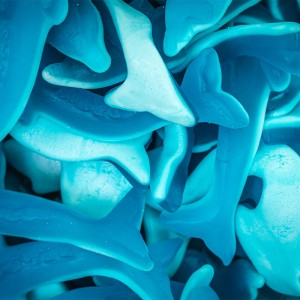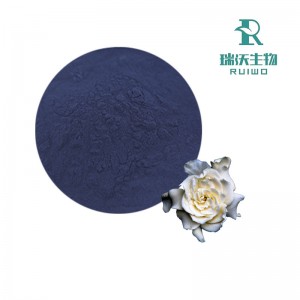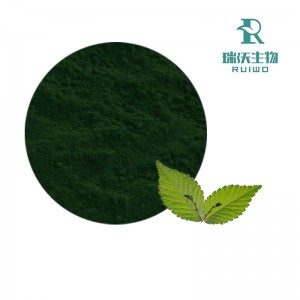What is Spirulina?
Spirulina is often colloquially referred to as “blue-green algae,” but scientifically, it belongs to the phylum Cyanobacteria—a group of prokaryotic organisms (lacking a membrane-bound nucleus) rather than true algae. As one of the oldest photosynthetic life forms on Earth, with a evolutionary history dating back over 3.5 billion years, it has adapted to thrive in extreme environments such as alkaline lakes, brackish waters, and even arid regions with strong sunlight. The name “cyanobacteria” derives from their characteristic blue hue, attributed to phycocyanin—a water-soluble pigment that works alongside chlorophyll (imparting green) to drive photosynthesis. Under a microscope, spirulina’s filaments form distinctive spiral or helical shapes, which is how it gets its common name (“spirulina” comes from the Latin word for “spiral”).
Commercially, the terms “cyanobacteria” and “spirulina” are often used interchangeably, referring to the same cultivated organism—primarily species like Arthrospira platensis and Arthrospira maxima, which are recognized for their high nutritional value and safety. Cultivated globally in controlled alkaline ponds or bioreactors, spirulina is harvested, dried, and processed into powders, tablets, capsules, or extracts for use in supplements, foods, beverages, and cosmetics. Its unique combination of ancient origins, distinctive physical traits, and exceptional nutritional benefits has made it a staple in the health and wellness industry.
Spirulina's Efficacy and Effects
1. Enhances Human Immunity
Spirulina stands out as a nutrient-dense superfood, packed with high-quality plant protein (accounting for 60-70% of its dry weight), all essential amino acids, a rich spectrum of trace elements (such as iron, zinc, selenium, and magnesium), fat-soluble and water-soluble vitamins (including B-complex vitamins, vitamin C, vitamin E, and beta-carotene), and bioactive compounds like phycocyanin, polysaccharides, and chlorophyll. These nutrients work synergistically to support immune function: plant protein and amino acids serve as the building blocks for immune cells (e.g., lymphocytes, macrophages) and antibodies, while polysaccharides and phycocyanin stimulate the proliferation and activity of bone marrow cells—key for producing immune-related cells. Additionally, by promoting the biosynthesis of serum proteins (including globulins that play a critical role in immune defense), spirulina strengthens the body’s natural ability to resist pathogens, reduce susceptibility to infections, and enhance overall immune resilience.
2. Improves Children’s Malnutrition
Children in their growth and development stage have unique nutritional needs, and spirulina addresses gaps often found in regular diets. It is naturally abundant in amino acids like lysine and tryptophan—nutrients that are frequently insufficient in staple foods such as rice and wheat—and a full range of vitamins (especially B12, which is scarce in plant-based diets, and vitamin A for eye health). It also provides highly bioavailable minerals, including iron, zinc, and calcium, which are vital for bone development, cognitive growth, and metabolic function. As a natural, easily digestible nutritional supplement, spirulina effectively prevents common deficiencies in growing children, such as iron-deficiency anemia (a leading cause of fatigue and poor concentration), zinc deficiency (linked to delayed growth and weakened immunity), and calcium deficiency (critical for bone and tooth health). Its mild taste and fine texture also make it easy to incorporate into children’s meals, such as porridge, smoothies, or mashed foods, supporting healthy physical and mental development.
3. Supports Kidney Health
Kidney disease often arises from chronic inflammation, toxin accumulation in the bloodstream, or impaired blood purification function—issues that spirulina can help address through its unique nutrient profile. The chlorophyll in spirulina acts as a natural detoxifier, binding to heavy metals, metabolic waste, and harmful substances in the blood, facilitating their elimination through the digestive and urinary systems. This reduces the burden on the kidneys, which are responsible for filtering blood toxins. Additionally, spirulina’s rich content of essential amino acids and low levels of purines (metabolic byproducts that can strain kidney function) make it a kidney-friendly protein source, avoiding excessive stress on renal tissues. Phycocyanin, its core bioactive compound, also exhibits anti-inflammatory properties, helping to alleviate mild inflammation in kidney tissues and support the restoration of normal renal function. While it is not a substitute for medical treatment for severe kidney conditions, spirulina can serve as a complementary nutritional support to promote kidney health when used under professional guidance.




























